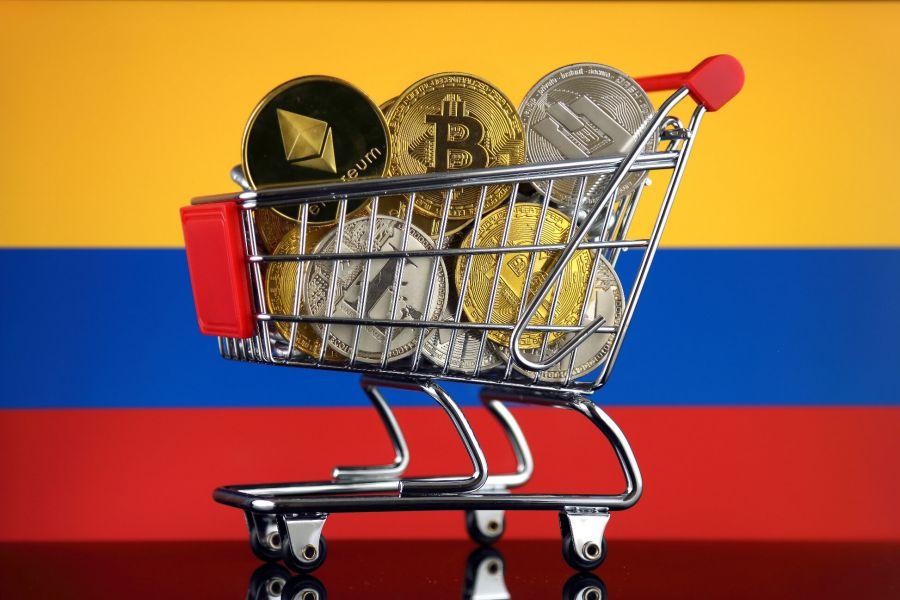Critics Hit Back at Colombia’s Retrospective Crypto Tax Plans

The Colombian government wants citizens to declare their crypto holdings – but industry figures claim this will just force crypto advocates and their coins onto overseas platforms.
Criptonoticias reported that Lisandro Junco Riveira, the Director of the Colombian tax agency (known locally as the DIAN), had announced the creation of a system of “retroactive sanctions” that could bolster government coffers to the tune of USD 8m – and force crypto owners to part with a percentage of the money they have earned by trading and staking coins.
Speaking to Blu Radio, Junco Riveira told the crypto community that it was now “time to start paying taxes” on their crypto-related earnings.
The Director added that people who have made investments in cryptoassets are now required to declare them to the Colombian Treasury, along with their other assets. The report added that the customers of crypto exchanges – including peer-to-peer trading platforms like LocalBitcoins – have received warnings from the tax body, telling them to declare their holdings or face punitive actions.
However, the retroactive nature of the measures means that crypto traders’ and investors’ historic activities will be taxed, meaning that trades from as far back as 2016 could be subjected to taxation. And this, experts say, could prove to be a turn-off for Colombian crypto enthusiasts.
In an interview with the media outlet Enter.co, Mauricio Tovar, the co-founder of Tropycus Finance, claimed that the move could well prove self-destructive. Tovar reportedly said:
“Many people want to declare [and pay] taxes. But it seems [naive] and authoritarian to me that a guide issued one week ago will seek to sanction people[‘s activities] from six years ago.”
Tovar added that this type of regulatory activity would ultimately end up “scaring” wealthier investors “with significant capital held in cryptoassets” away from Colombia. He argued that they would instead “simply” take their investments to countries with “more favorable regulations.”
The Tropycus Finance chief added that “fair tax payment” systems could actually benefit both the DIAN’s cause and the crypto sector, which also craves legitimacy. He concluded:
“People respond to incentives. [The government should] create positive incentives in order for things to happen.”
____
Learn more:
– Crypto Tax Trends in 2022: Increased Reporting, Updated Rules, and a Wealth Tax Debate
– Latin America Talks Bitcoin, Regulation, Mining & Cocaine
– Argentinian e-Commerce Giant Invests in Mercado Bitcoin and Paxo
– Rio’s Treasury Reserves to Be Made up of 1% Crypto, City May Enable BTC Tax Payments
– Bolivian Central Bank ‘Bans’ Crypto, Says Tokens ‘Have No Place in Domestic Market’
– Bitcoin & Crypto Mining Gets Another Latin American Hydroelectric Power Boost




